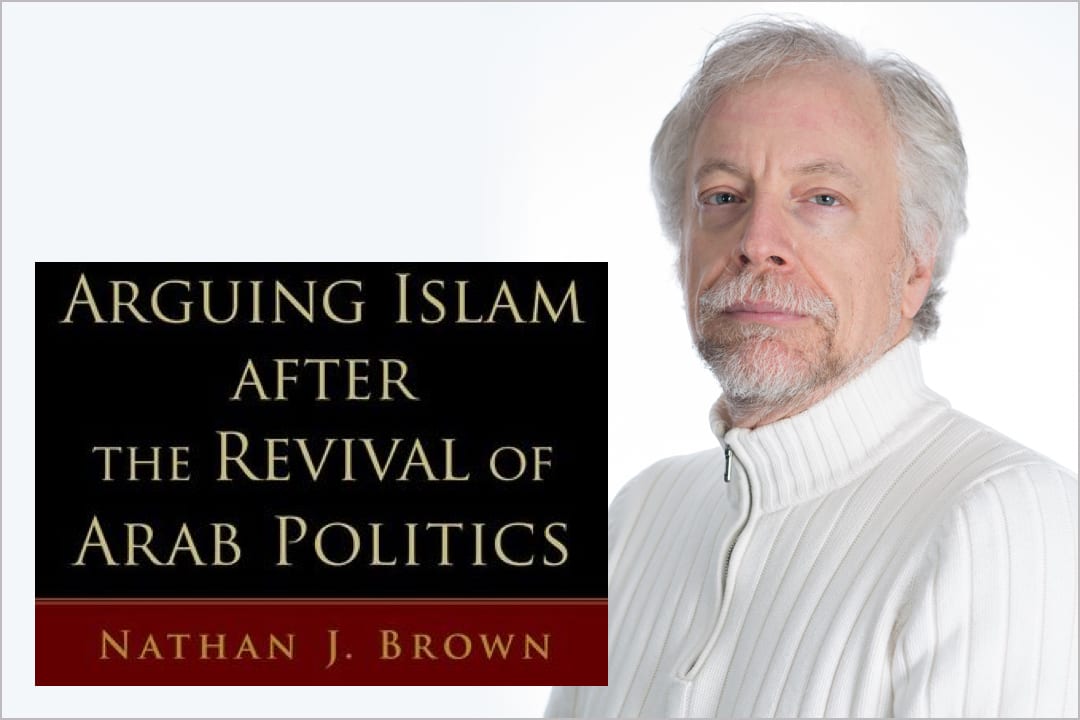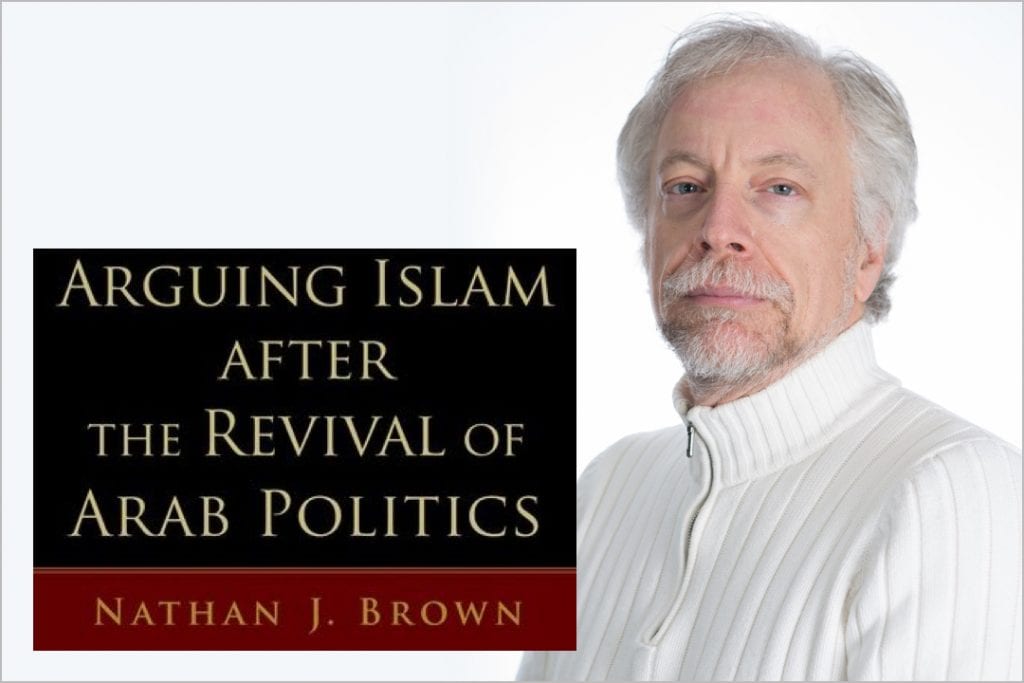
Seeking interesting gift ideas for friends and family during the holiday season, or just wanting to give yourself the gift of a good read as winter settles over the campus and many remain holed up at home? Look no further than the latest publications from our esteemed faculty.
Michael Brown, Chantal de Jonge Oudraat et al, The Gender and Security Agenda
“This refreshingly engaging book with multidimensional perspectives is a must-read for all. It is an outstanding contribution to global discourse on women’s equality and empowerment in the crucial area of peace and security…” —Ambassador Anwarul K. Chowdhury, Former Under-Secretary-General of the United Nations and President of the UN Security Council in March 2000
Alexander Dent, Digital Pirates: Policing Intellectual Property in Brazil
“Digital Pirates is an insightful and often beautiful exploration of digitization as a dissolving agent for older cultural forms, a catalyst for new ones, and a context for reconsolidating the boundaries that define markets, institutions, laws, and publics.”—Joe Karaganis, Columbia University
Ben Hopkins, Ruling the Savage Periphery Frontier Governance and the Making of the Modern State
“This is an ambitious and important book. The concept of ‘frontier governmentality’ is a very engaging and largely persuasive idea with broad applicability…”—Andrew Graybill, author of Policing the Great Plains: Rangers, Mounties, and the North American Frontier
Vincent Ialenti, Deep Time Reckoning How Future Thinking Can Help Earth Now
“Imagine yourself as an ancestor of people living ten thousand or a hundred thousand years in the future. Ialenti focuses on these unfathomable timescales through the lens of radioactive waste and illuminates how readjusting our time horizon underlies our survival.” —Ruth DeFriesDenning Family University Professor of Sustainable Development, Columbia University; author of What Would Nature Do?
Sean Roberts, The War on the Uyghurs: China’s Internal Campaign against a Muslim Minority
“This is the backstory behind one of the biggest stories in China—the incarceration of more than one million Uyghurs in a dystopian network of what are claimed to be reeducation camps. Who the Uyghurs are and how they came to be classified as terrorists … could not be more timely.”—Barbara Demick, former Beijing bureau chief, Los Angeles Times, author of Nothing to Envy
Nilofar Sakhi, Human Security and Agency – Reframing Productive Power in Afghanistan
“…the scholar and activist Nilofar Sakhi illuminates the failure of many development programs to transform Afghan communities and points the way to a more effective approach based on local creativity, productive power, and community control.”— Richard Rubenstein, George Mason University
Eric Schluessel, Land of Strangers: the Civilizing Project in Qing Central Asia
“Through this theoretically rich exploration of Qing philosophy and practice of colonial rule, we see how violence and forced intimacy shape enduring group identities in Xinjiang…Schluessel uncovers the interactions of everyday life among colonizing Chinese, intermediaries, and colonized Uyghurs in late Qing Xinjiang.” —Marianne Kamp, author of The New Woman in Uzbekistan: Islam, Modernity, and Unveiling Under Communism
David Shambaugh, China and the World and Where Great Powers Meet
“China and the World is an impressive volume on a vital subject at a critical time. For the coming generation of (American) students, China will be the single most important international topic in their textbooks; relations with this dynamic behemoth will profoundly affect their lives as well as the world.” — Winston Lord, Former US Ambassador to China
“What does great power rivalry mean? David Shambaugh provides an engaging and readable account of how the US-China competition is playing out in its Southeast Asian epicenter. One could not ask for a more thoughtful and experienced guide to this fraught relationship.” — Joseph S. Nye, Jr., Harvard University and author of Do Morals Matter? Presidents and Foreign Policy from FDR to Trump
Robert Sutter, Chinese Foreign Relations: Power and Policy of an Emerging Global Force, (5th edition)
“Robert Sutter’s book is the best comprehensive introduction to the background, trends and dynamics, and implications of contemporary Chinese foreign relations available…It is an indispensable guide to a topic of foremost importance in world affairs today.”— Alice Miller, Stanford University


